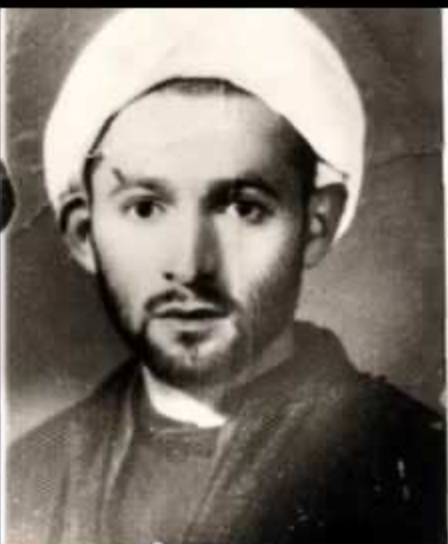Picked this up last year in Casablanca - Gadamerian reading of the divine form or image in #IbnArabi by محمد امعارش published @MominounWB and the notion of the barzakh/in-between 1/ 

The divine image alongside divine discourse is the grounds for a hermeneutical understanding of the nexus of transcendence and immanence as the disclosures of the divine in the cosmos 2/
The ultimate expression of the divine image is of course the human - not least the ultimate barzakh of the #InsanKamil or #PerfectHuman - who is in-between divinity and creaturely nature 3/
Humans do not only intervene in the conversation between transcendence and immanence but rather are that conversation - interesting insight on how the perception weaves together sight, sound and speech in the singularity of the image 4/
The expression of this paradox of being in the conversation between unity and multiplicity and transcendence and immanence is here in #FutuhatMakkiyya 5/
@MominounWB in #Morocco are publishing some wonderfully serious studies in #IslamicPhilosophy #IslamicTheology #Hermeneutics #QuranicStudies 7/
This hermeneutical turn in #AkbarianStudies seems to be partly inspired by the late #AbuZayd but there is also a lingering sense of #HenryCorbin in the background too 8/
#IbnArabi is not just a subject for #intellectual_history but constitutes the #intellectual_heritage of Muslims as well - the #wisdom that is the lost treasure 10/
One of the small points I picked up from this is some evidence that the #Sadrian notion of #substantial_motion as essential to human existence has #Akbarian precedents 11/
And the hermeneutical or continental reading of #IbnArabi may be more fruitful because his discourse seems to elude analytic engagement 12/
Finally it seems that my own understanding - and perhaps this is an inevitable result of one’s own humanity and human possibility - is the sense that the very pivotal notion of #IbnArabi thought is indeed #PerfectHuman 13/
• • •
Missing some Tweet in this thread? You can try to
force a refresh

















